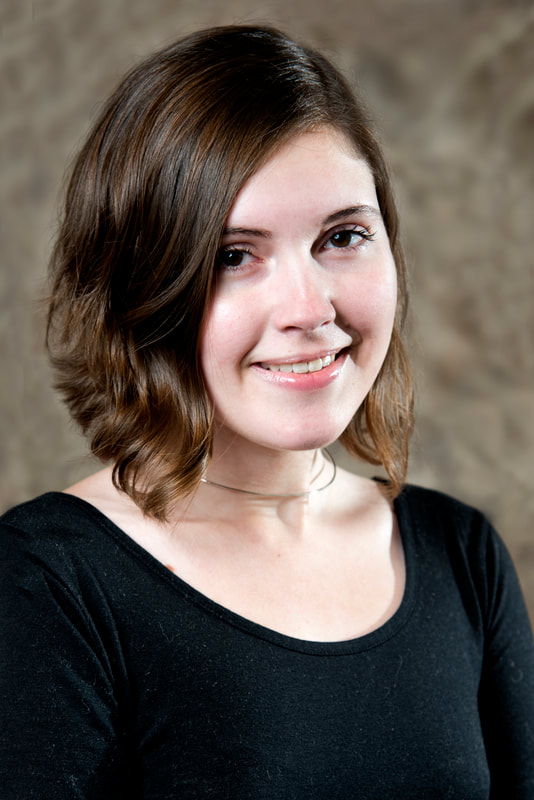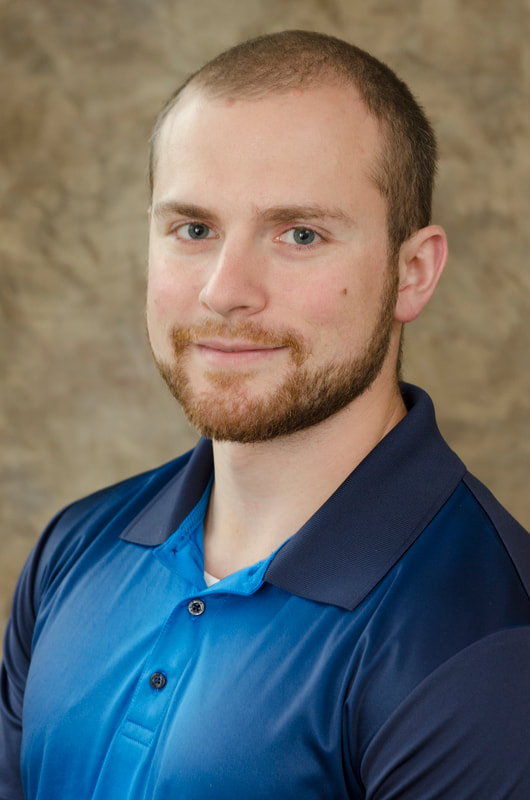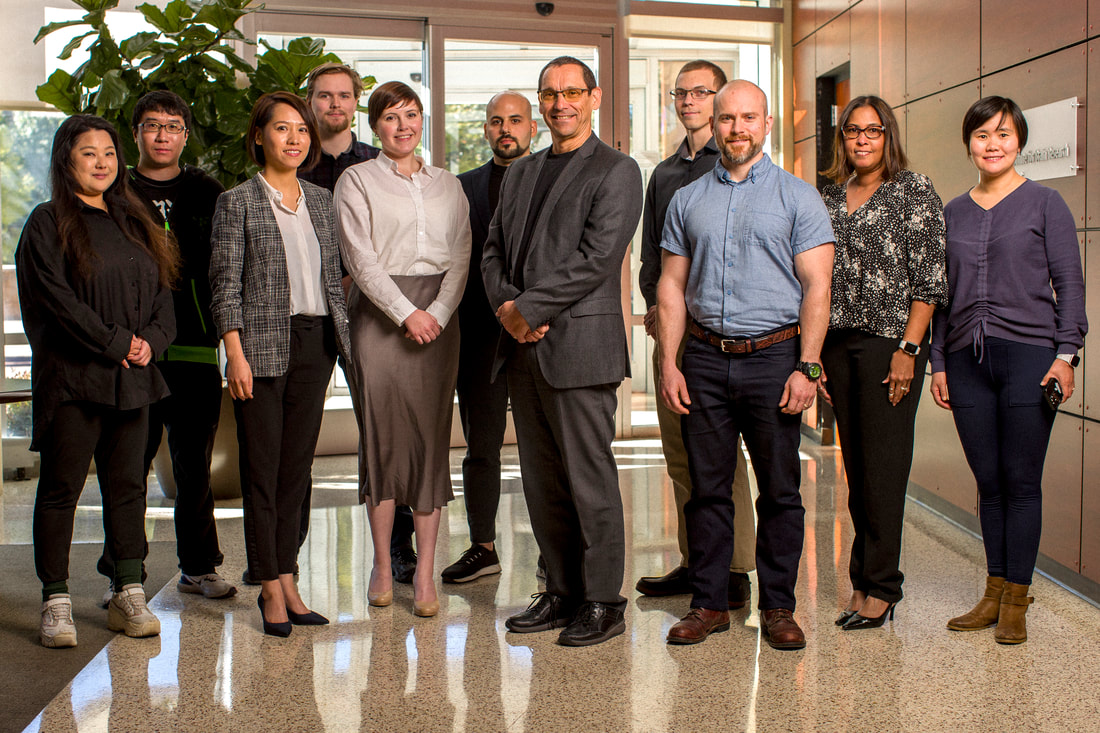The Paulus Laboratory
Our Research ApproachDr. Paulus’ research focuses on three main areas:
|
Scientific Background
Dr. Paulus studied Medicine at the Johannes Gutenberg University in Mainz from 1979-1985. He received a postdoctoral fellowship from the Deutsche Forschungsgemeinschaft (German Research Foundation) in 1986 to study the effects of calcium antagonists on animal models of mania at the University of California San Diego (UCSD). In 1993, Dr. Paulus left UCSD to resume his medical training and completed his internship at the Long Island Jewish Medical Center/Zucker Hillside Hospital on Long Island, NY. In 1994, he rejoined the Department of Psychiatry at UCSD as a psychiatric resident. Dr. Paulus completed his residency in psychiatry in 1997. At that time, he joined the Department of Psychiatry at UCSD as an Assistant Professor and became a staff psychiatrist at the Veterans Affairs San Diego Health Care System (VASDHS). In May 2014, Dr. Paulus joined the Laureate Institute for Brain Research (LIBR) in Tulsa, OK, as the Scientific Director and President.
Dr. Paulus has published over 300 scientific papers, has been funded continuously by federal grants since 1997, and is currently the Principal Investigator on an NIGMS CoBRE grant to develop an infrastructure for young investigators to establish their research careers with NIH competitive funding. Moreover, Dr. Paulus is a Co-PI on an ABCD Site U01 grant to test behavior and brain function of approximately 700 children ages 9-10 in the Tulsa area and to follow these children and their families for the next 10 years. He has served on numerous research panels, study sections, and advisory committees. Currently, Dr. Paulus is conducting a large-scale study in Tulsa, the T-1000, to determine whether biological measures can be developed to help a clinician predict patient outcomes. Dr. Paulus is also a member of the Adolescent Brain Cognitive Development (ABCD) study, which aims to determine how the brain changes during the course of adolescence and how these changes put adolescents at risk for substance use.
Dr. Paulus has published over 300 scientific papers, has been funded continuously by federal grants since 1997, and is currently the Principal Investigator on an NIGMS CoBRE grant to develop an infrastructure for young investigators to establish their research careers with NIH competitive funding. Moreover, Dr. Paulus is a Co-PI on an ABCD Site U01 grant to test behavior and brain function of approximately 700 children ages 9-10 in the Tulsa area and to follow these children and their families for the next 10 years. He has served on numerous research panels, study sections, and advisory committees. Currently, Dr. Paulus is conducting a large-scale study in Tulsa, the T-1000, to determine whether biological measures can be developed to help a clinician predict patient outcomes. Dr. Paulus is also a member of the Adolescent Brain Cognitive Development (ABCD) study, which aims to determine how the brain changes during the course of adolescence and how these changes put adolescents at risk for substance use.
Meet Our Team
|
Kai Ping Burrows, Ph.D.
Director, Laboratory Services, Staff Scientist, Volunteer Faculty Member, Department of Nutritional Sciences, University of Oklahoma Aardron Robinson
Research Assistant |
Leandra Figueroa-Hall, Ph.D.
Associate Investigator Philip Spechler, Ph.D.
Affiliate Investigator |
Katie Forthman
Data Scientist Haixia Zheng, Ph.D.
Associate Investigator |
Rayus Kuplicki, Ph.D.
Lead, Data Analyst, Volunteer Faculty Member, Health Sciences Center, University of Oklahoma Bohan Xu
Graduate Student |
Selected Publications
|
|
|
|
Research Collaborators
|
Marc Wittmann, Ph.D.
Institut für Grenzgebiete der Psychologie und Psychohygiene Guilia Galli, Ph.D.
University of Chicago Tony Yang, M.D., Ph.D.
University of California - San Francisco Lawrence Frank, Ph.D.
University of California - San Diego Michelle Craske, Ph.D.
University of California - Los Angeles |
Gregory Brown, Ph.D.
University of California- San Diego Walter Kaye, M.D.
University of California - San Diego Murray B Stein, M.D., M.P.H., F.R.C.P.C
University of California - San Diego Lawrence Frank, Ph.D.
University of California - San Diego Lindsay M. Squeglia, Ph.D.
Medical University of South Carolina |
Greg Fonzo, Ph.D.
Stanford University James Fowler, Ph.D.
University of California - San Diego Tom T Liu, Ph.D.
University of California - San Diego Susan F Tapert, Ph.D.
University of California - San Diego Angela Yu, Ph.D.
University of California- San Diego |











